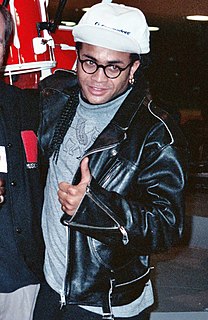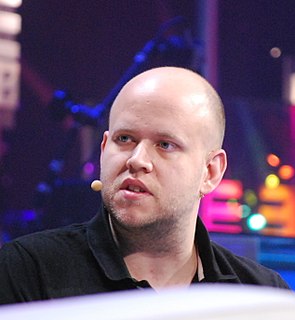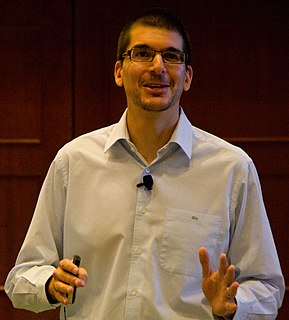A Quote by Troy Carter
I think, as an industry, we should be supportive of a broad subscription model and not do anything to jeopardize the potential health of the music business - because we're not out of the woods yet.
Related Quotes
There's this notion out there - and it's a categorically false notion - that the only business model in the service industry is the minimum-wage business model. I say phooey to that. You go to a Costco store, and you see people there who've been working there for years and years. They're making $15, $20 an hour, plus health benefits.
The old model of the industry was founded largely upon business folk trying to make money off artists. At EMP, we let the music make the money, not the other way around. We have flipped the model to make the artistry be at the forefront of everything we do. Music makes the business and that's what makes it work.
The same products, services or technologies can fail or succeed depending on the business model you choose. Exploring the possibilities is critical to finding a successful business model. Settling on first ideas risks the possibility of missing potential that can only be discovered by prototyping and testing different alternatives.
Who benefits from Wi-Fi? We all benefit from Wi-Fi. Is there an industry here? Of course, there is an industry, as well. The point is public health needs protecting. I don't think you should have to prove that there is some profiteer who might have an ulterior motive in order to protect public health.
I do feel like I owe something, but not to the industry. When you say "industry," I think of a group of people who don't really care much about you and treat you as a commodity. So, in that regard, I don't feel like I owe anything. But the people who've always been supportive of me and have always seen me for my greatest potential-those are the people who I feel like I owe something to. I feel like I am their voice. I owe it them to represent them in a way that they can be proud of.




































